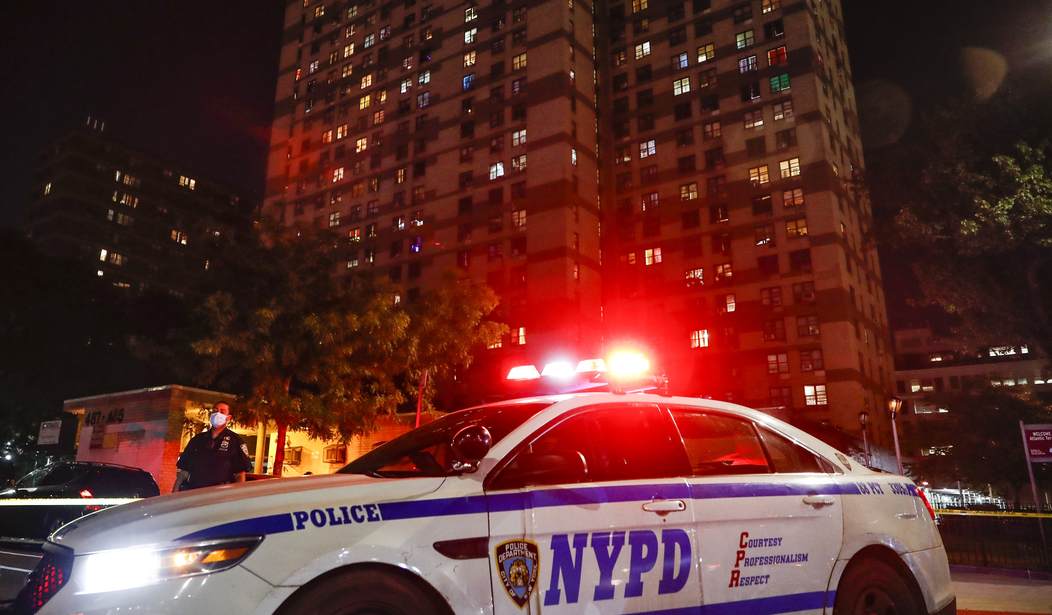 Donald Trump, the developer and would-be presidential candidate, portrays himself as a swashbuckling entrepreneur, shrewder and tougher than any politician, who would use his billionaire's skills to restore discipline to the federal government.
Donald Trump, the developer and would-be presidential candidate, portrays himself as a swashbuckling entrepreneur, shrewder and tougher than any politician, who would use his billionaire's skills to restore discipline to the federal government.
In his disdain of big government, however, Trump glances over an expensive irony: He built his empire in part through government largesse and connections.
From his first high-profile project in New York City in the 1970s to his recent campaigns to reduce taxes on property he owns around the country, Trump has displayed a consistent pattern. He courted public officials, sought their backing for government tax breaks under extraordinarily beneficial terms and fought any resistance to deals he negotiated.
He has boasted of manipulating government agencies, misleading officials in one case into believing he had an exclusive agreement to develop a property and then retroactively changing the development's accounting practices to shrink his tax bill. In New York, Trump was the first developer to receive a public subsidy for commercial projects under programs initially reserved for improving slum neighborhoods. Such incentives have now become the norm in the powerful New York real estate community.
Karen Burstein, a former auditor general of New York City, reviewed a major Trump project in the 1980s and concluded he had "cheated" the city out of nearly $2.9 million. Decades later, Burstein said she was still appalled at the way Trump operated.





 Four people were arraigned on Saturday in New Jersey for allegedly posing as immigration attorneys and...
Four people were arraigned on Saturday in New Jersey for allegedly posing as immigration attorneys and... President Donald Trump kicked reporters out of a breakfast meeting Feb. 20 with governors so the...
President Donald Trump kicked reporters out of a breakfast meeting Feb. 20 with governors so the...






























